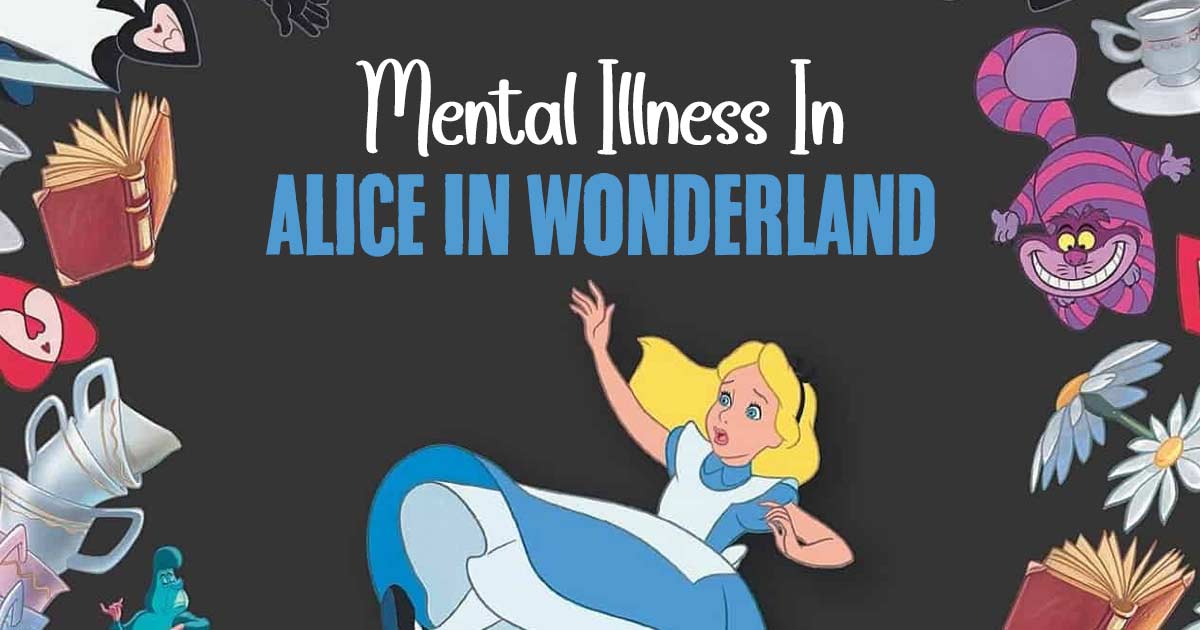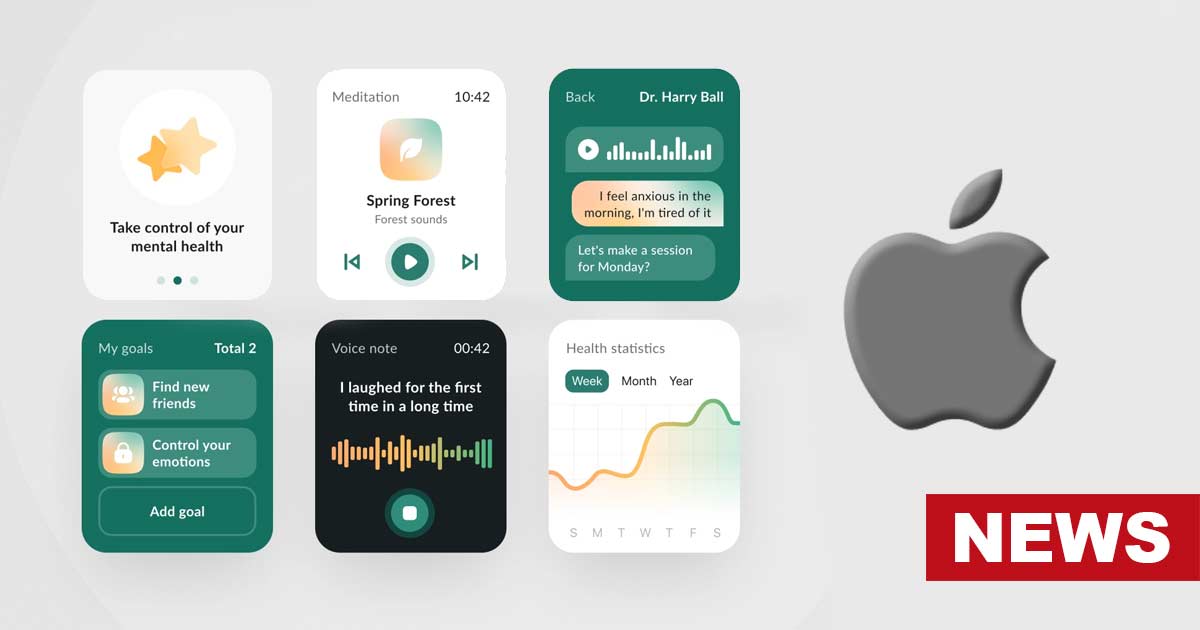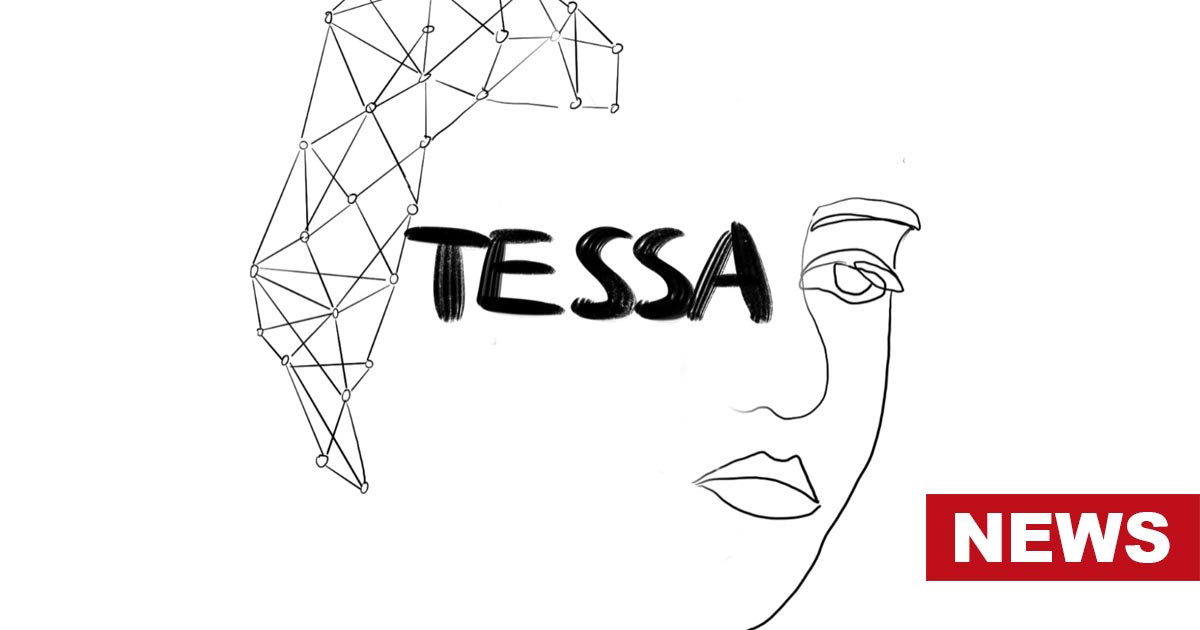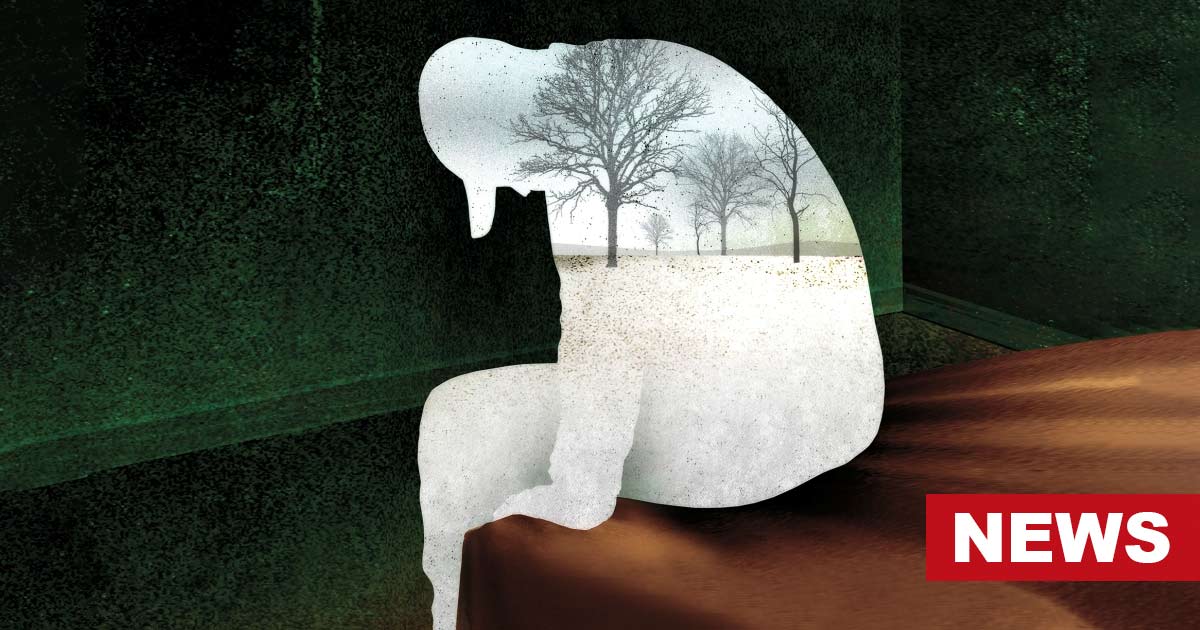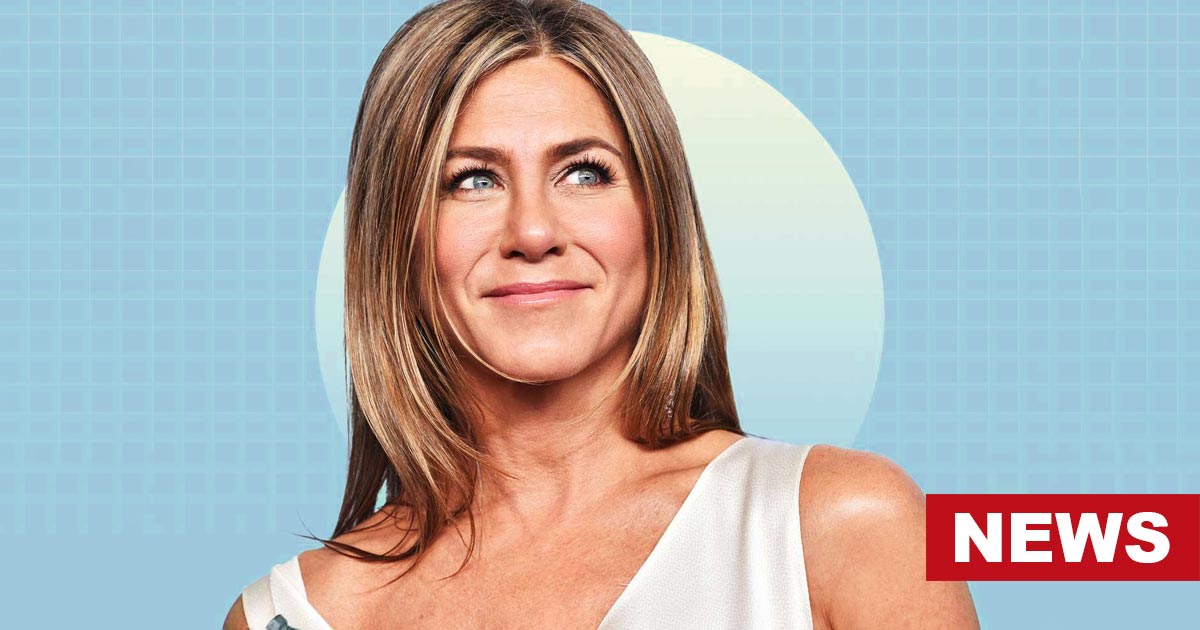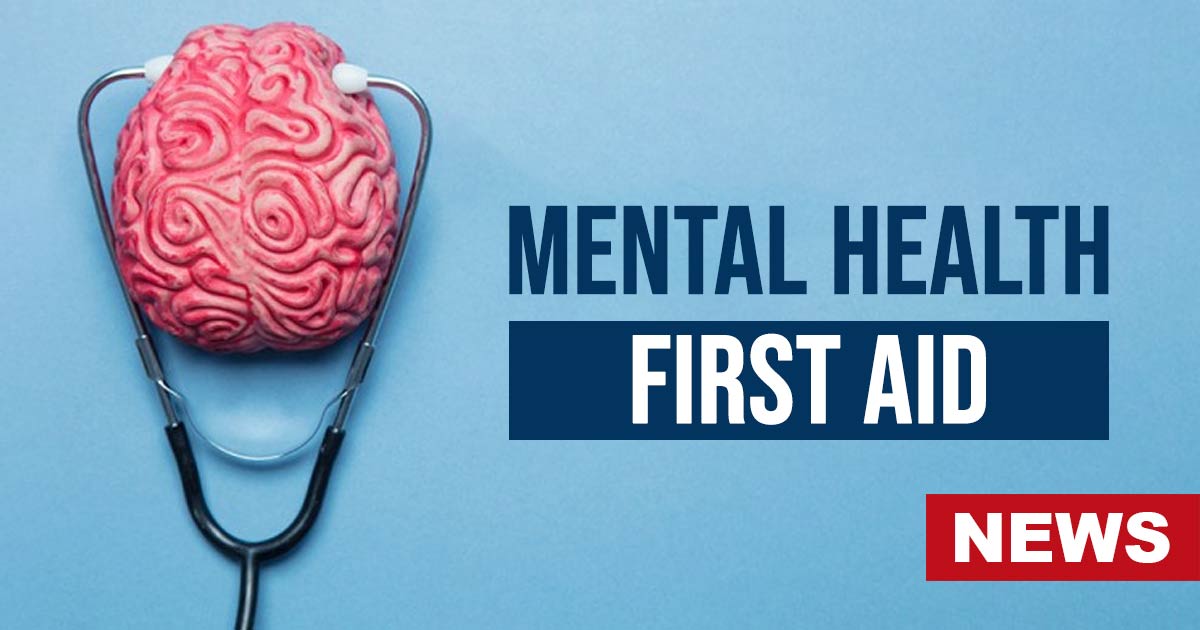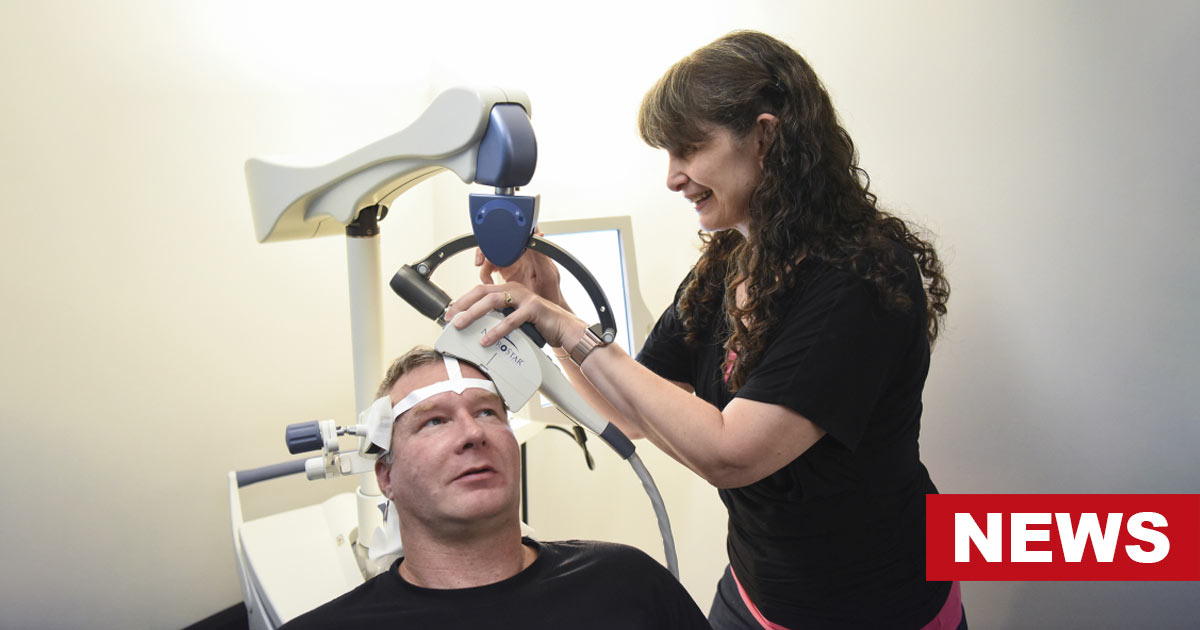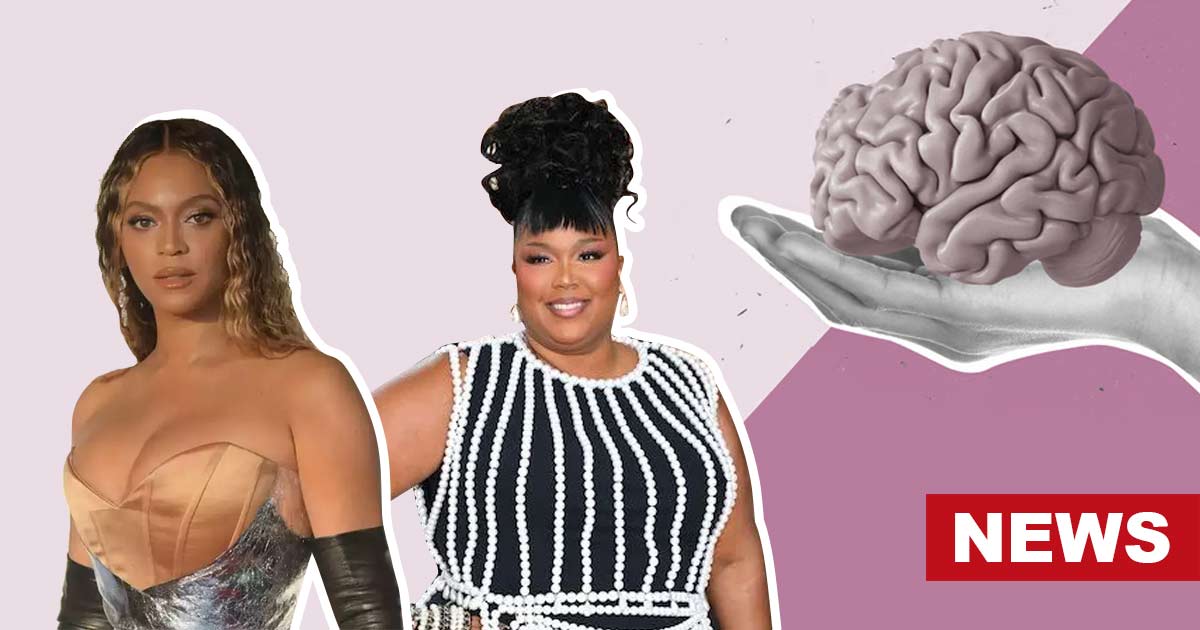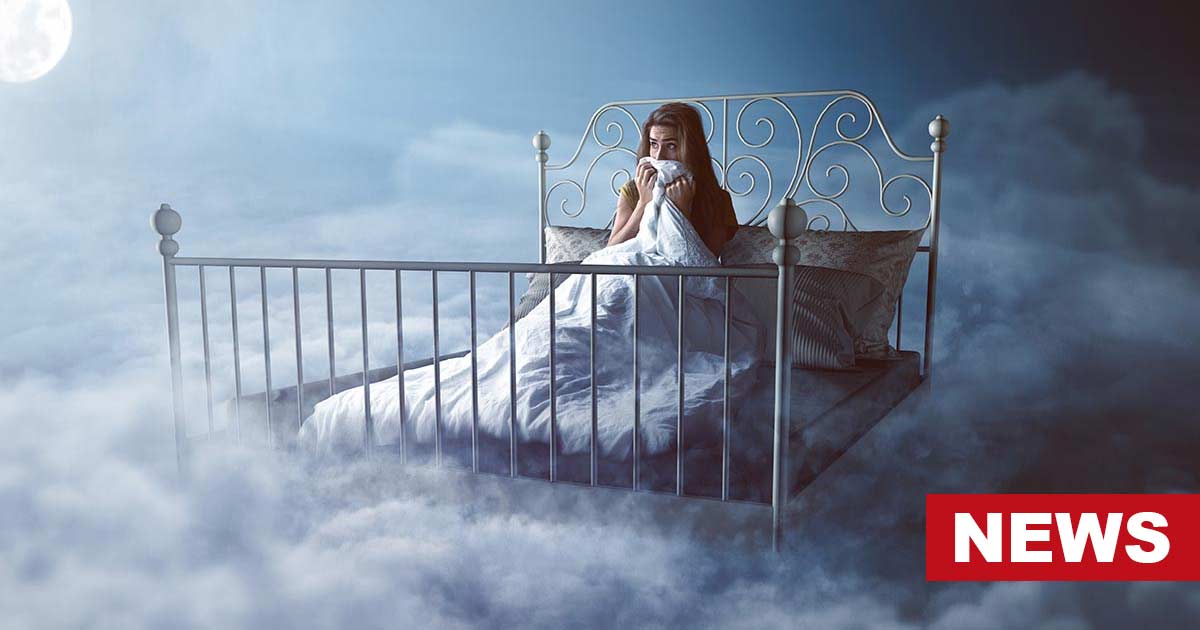The understanding and treatment of mental health issues like depression, anxiety, and eating disorders have undergone significant progress over the past few centuries. In recent years, the portrayal of mental illness in Alice In Wonderland has gained considerable popularity.
However, during the era when Lewis Carroll published his literary masterpiece, mental health remained a relatively distant topic. Many individuals grappling with mental illnesses were often labeled as “mad” and confined to asylums or concealed by their families. All in all, mental illness was a distant concept and the notions of mental health were non-existent.
The well-known phrase “We’re all mad here,” spoken by the Cheshire Cat, resonates deeply within the story, reflecting various aspects of the narrative. Upon examining individual characters like Alice, the Mad Hatter, and the Queen of Hearts, it becomes evident that they embody distinct traits of different mental illnesses.
This article delves into the portrayal of mental illness in Alice In Wonderland, particularly how Carroll drew the characters with biographical and historical motivations.
Alice “Eats Her Way” Through Wonderland
One of the foremost examples of mental illness in Alice In Wonderland is channeled through Alice’s constant struggle with her eating habits. Eating disorders encompass an unhealthy relationship with food, often marked by preoccupations with food, body weight, and shape.
Alice’s entrance into the whimsical Wonderland is marked by her consumption of food and drink labeled “Eat Me,” causing her to undergo dramatic size fluctuations. Her actions echo the patterns seen in those with eating disorders, as she regularly oscillates between feeling too large or too small. Alice’s relationship with food is characterized by binge eating, regret, and a reliance on it to solve her problems.
Alice’s struggles mirror Carroll’s personal experiences with food. Historical accounts reveal that Carroll was cautious and meticulous about his diet, often bringing his own meals to social gatherings and avoiding luncheons due to his lack of appetite. Carroll’s eating habits were quite restrained, in contrast to his generous provisions of indulgent treats when hosting young girls.
This juxtaposition suggests that Carroll projected his desires and anxieties onto Alice and other female characters. While Carroll himself may not have experienced clinical eating disorders, his intricate control over food intake and its reflection in Alice’s behaviors hint at a complex relationship with sustenance.
The Mad Hatter And His Enigmatic Tea Party
Lewis Carroll, whose real name was Charles Lutwidge Dodgson, shared a close bond with his uncle, Skeffington Lutwidge, who specialized in psychology and mental health. Skeffington Lutwidge’s tragic death at the hands of an asylum patient greatly impacted Carroll.
Given his uncle’s expertise, Carroll’s interest in mental derangement is evident in his life and work. It is hypothesized that the Mad Tea Party, a notable scene in Wonderland, was influenced by Carroll’s observations during his uncle’s visits to asylums.
The Mad Hatter embodies traits of borderline personality disorder (BPD) and attention deficit hyperactivity disorder (ADHD). BPD involves unstable moods, self-image, and behaviors, while ADHD encompasses inattention and hyperactivity-impulsivity.
The Mad Hatter’s erratic behavior and swiftly shifting emotions are indicative of these conditions. His inability to maintain attention and his frequent mood shifts reflect ADHD’s traits. The Dormouse, too, displays a form of mental distress—sleep apnea—which mirrors Carroll’s own struggles with insomnia.
Carroll’s Satirical Commentary
Carroll’s “Hints for Etiquette: Or, Dining Made Easy,” a satirical work mocking the rigid etiquette norms of the Victorian era, aligns with the Mad Hatter’s tea party. The Hatter’s disregard for etiquette, evident in pouring hot tea on the Dormouse and disruptive behavior, offers a subversive critique of the social norms upheld during that era.
Carroll’s focus on breaching etiquette mirrors his critique of both societal norms and how individuals with mental illnesses were treated—often labeled as “mad” and alienated from ‘normal’ society.
Alice’s detachment from the tea party participants highlights the divide between ‘normal’ behavior and perceived aberrations. Alice’s reaction to the unconventional behavior of Wonderland inhabitants parallels the societal disregard for those struggling with mental illnesses, further highlighting the lack of empathy and understanding in that era. Carroll’s portrayal of the tea party thus serves as an allegory for how society marginalized and misunderstood mental illnesses.
Narcissism And The Queen Of Hearts
The Queen of Hearts, notorious for her decree of “Off with their heads,” embodies traits of narcissistic personality disorder (NPD). NPD is characterized by an inflated sense of self-importance, a need for excessive attention, and a lack of empathy for others. The Queen’s quickness to order beheading and her intolerance for disagreement align with the traits of NPD.
Carroll’s depiction of the Queen can also be seen as a commentary on the monarchy, as the Queen’s arbitrary and ruthless rule mirrors the potential dangers of absolute power. The Queen’s actions reflect the hazards of monarchical systems, which often allowed individuals with mental illnesses or other dysfunctions to hold power.
Carroll’s exploration of the Queen’s NPD attributes may also symbolize broader societal concerns related to unchecked authority and its potential consequences.
Themes Woven Through Carroll’s Work
Carroll’s characters in Alice’s Adventures in Wonderland are imbued with elements of his life experiences, personal beliefs, and political views. The exploration of distinct mental illnesses among characters serves as a vehicle for critiquing societal norms and power structures.
While the characters may appear mentally ill, their likability underscores Carroll’s assertion that individuals grappling with mental health issues are not demonically possessed, but rather misunderstood.In the realm of Wonderland, Carroll’s creative canvas, mental illnesses become symbols for deeper societal issues.
Alice’s struggles, the tea party’s chaos, and the Queen’s tyranny underscore the marginalization of those grappling with mental health challenges. By weaving these themes into his narrative, Carroll provides a critical lens through which the dangers of unchecked authority and the society’s treatment of mental illness in Alice In Wonderland can be analyzed.

